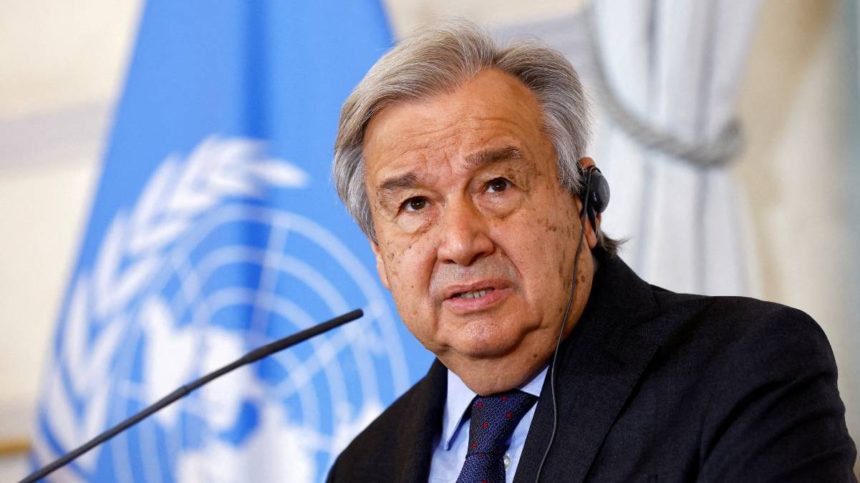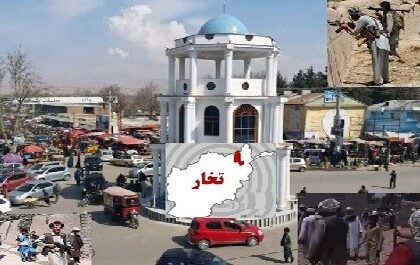RASC News Agency: The Secretary-General of the United Nations, Antonio Guterres, expressed his heartfelt condolences to the victims of the devastating earthquake in Afghanistan. In light of this tragedy, he urged the international community to stand together and offer their support and assistance.
Guterres underscored that the United Nations and its partnering organizations are actively collaborating with the Taliban in order to swiftly deliver essential humanitarian aid to those affected by the earthquake. This joint effort is crucial in providing immediate relief to the impacted individuals and communities.
Moreover, Guterres stressed the urgent need for the global community to extend their aid to the victims of the recent earthquake in the Herat province. He emphasized that these individuals were already facing desperate circumstances even before this crisis unfolded.
The recent geopolitical shifts in the country, including the collapse of the previous regime and the ensuing chaos, have resulted in a significant number of citizens seeking refuge in neighboring nations. Concurrently, the ascent of the Taliban to power has led to widespread poverty, exacerbated by various factors such as restrictions on women’s participation in national and international institutions, freezing of the country’s assets, and the group’s lack of international recognition.
In addition to these challenges, the Taliban’s policies and limitations have further exacerbated the suffering of citizens, compounded by natural disasters such as the devastating earthquake that struck parts of Herat province on October 7, claiming the lives of 4,000 individuals.
Residents of Herat province have expressed their dissatisfaction with the Taliban’s inadequate attention and mismanagement of national issues. There are concerns about the potential misuse of humanitarian aid by the group’s officials. The Taliban has a history of mishandling and misappropriating assistance in various regions of the country, often favoring certain ethnic groups and areas under their control when distributing aid packages.
It is imperative that concrete measures be taken to ensure transparency, accountability, and equitable distribution of humanitarian aid, as the well-being of the Afghanistani people should be the primary focus. The international community must address these pressing concerns and actively support the affected population during their time of need.






